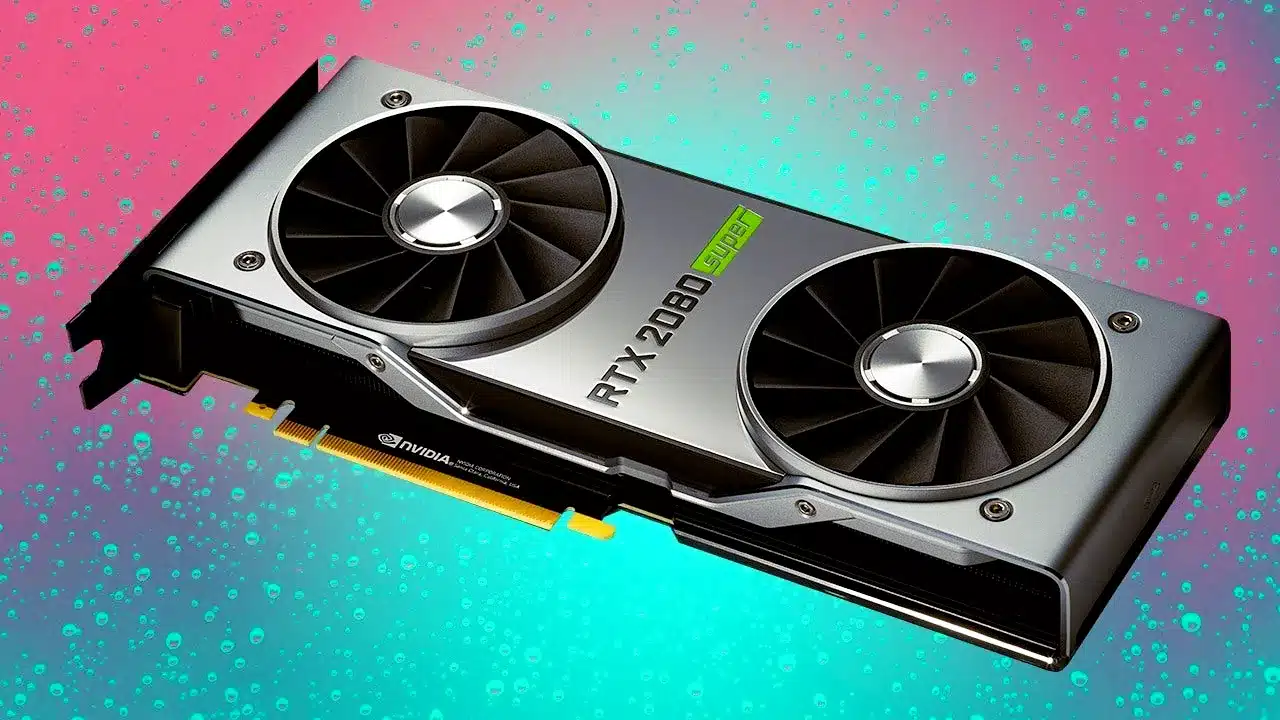There are new rumors around the Nvidia RTX-40 Super series. Today on offer: a colorful chip mix
There are increasing indications that Nvidia will revive the Super
designation first used with the RTX-2000 series. Now, however, there are new hints as to what exactly possible RTX-4000 Super cards might look like (via Videocardz).
They will probably be launched next year as a gap filler until the RTX-5000 series. This new GPU generation from Nvidia is not expected until early 2025 as things stand.
Table of Contents
All details of the leak at a glance
The X user (formerly Twitter) kopite7kimi recently poured new gasoline into the flaming discussion surrounding the GPU leaks of the last few days and weeks.
However, it should be said: Nvidia often passes on different information to business partners or similar people, which can end up in contradictory rumors. Moreover, not all temporarily planned card specifications make it into final products in the end.
Despite that, it can be assumed that there is a grain of truth in all the leaks, or at least a certain basic idea of which cards Nvidia wants to finish developing for the market in the end. If the current leak is true, Nvidia’s new super cards would look like this:
In my opinion there may be chip mixing on 4080S and 4070S.
That means 4080S can use AD102 or AD103, 4070S can use AD103 or AD104.
Think about EVGA 2060KO.– kopite7kimi (@kopite7kimi) October 25, 2023
But no 20 GByte for the 4080 Super?
So according to user kopite7kimi, it could be Nvidia’s plan to mix the chip base on the RTX 4000 Super series. However, there is a certain caveat here as well, because normally Nvidia only releases such cards on the Chinese market.
According to the leaker, the RTX 4080 Super would use both AD103 and AD102 as its GPU. The former is used on the RTX 4080 without the Super addition, while the latter is used on the RTX 4090.
In contrast, there was a leak in the run-up that spoke of an RTX 4080 Super in combination with 20.0 GBytes of VRAM (instead of 16.0 GBytes as in the RTX 4080).
However, a memory bus with a width of 160 bits would have to be used to create a combination of AD103 GPU and this amount of VRAM, because the alternatively required 320 bits are not feasible with this GPU and its maximum of 256 bits.
Thus, the RTX 4080 Super would be at a disadvantage compared to the RTX 4080 with a 256-bit memory bus. If kopite7kimi’s assumptions turn out to be Nvidia’s actual plan, this would therefore speak against an RTX 4080 Super with 20.0 GBytes of VRAM.
Where does the RTX 4070 Super position itself?
The leaker kopite7kimi also published possible details about a second mixed variation: According to this, the RTX 4070 Super will also be combined with the AD103 chip. The AD104 chip could be installed as a second option.
In the end, it is crucial how much the chips will be trimmed. While previous leaks indicated that the RTX 4070 Super would place itself ahead of the RTX 4070 Ti with AD104 chip, kopite7kimi assumes that it will place itself just behind it:
I have some different opinions.
I think the relationship between RTX 4080 Super and RTX 4080 is similar to that between RTX 2080 Super and RTX 2080. https://t.co/LJqKZRISta– kopite7kimi (@kopite7kimi) October 23, 2023
What is the difficulty in replacing GPU chips?
If two different GPUs are to run in variants of one card, it must be ensured that they still run as identically as possible and that there are no frequency or performance differences. Otherwise, the cards would have to be offered under a different item name.
Normally, Nvidia only uses such cards on the Chinese market, since the US and European markets are more strictly regulated.
The advantage for Nvidia is that it can use its own chips more flexibly. For the end customer, on the other hand, it is not exactly which chip is used that counts, but the performance and the overall package.
What do you think about possible chip mixtures? Do you think such solutions would last in the European market? And in general, what do you think about the idea of Nvidia reviving the Super designation first introduced with the RTX-2000 series? A sensible measure, even from the end customer’s point of view, or ultimately uninteresting for gamers? Feel free to write it in the comments!


